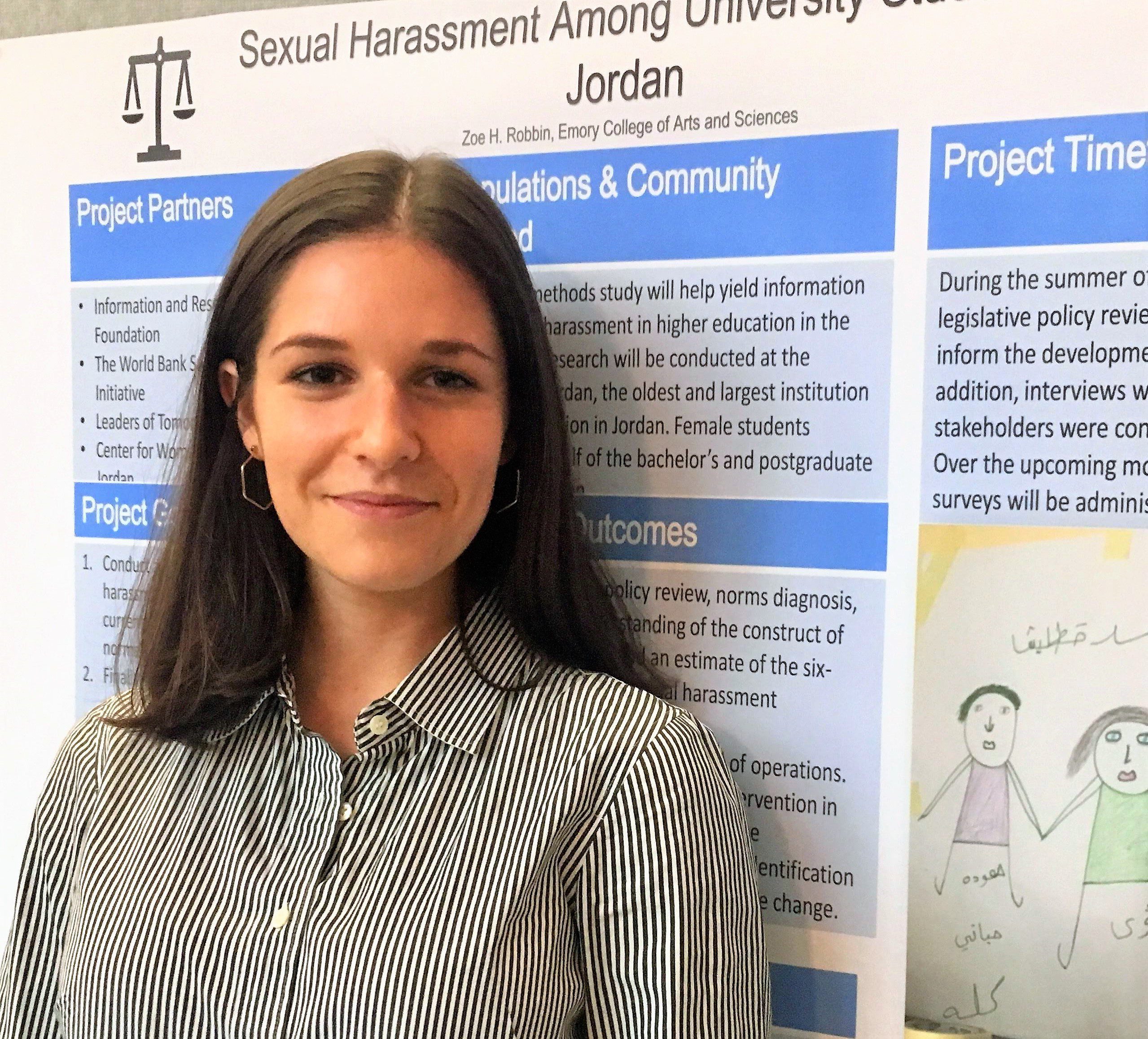Details
Article
Introduction
After her 2019 Amsterdam Fellowship, Zoe Robbin became very interested in pursuing an Action Project on equity and education in her community. However, she quickly learned that food equity is an under-publicized and highly impactful issue in Bridgeport. As part of her research, she interviewed various stake holders between July and September, 2019.
Health Equity and the Fight for Food Justice in Bridgeport
By Zoe Robbin
Walk along the East End neighborhood in Bridgeport, Connecticut, and you’ll find few grocery stores promising fresh, affordable, and healthy foods. Over the past few years, community activists have taken a stand for health equity and food justice, working with agriculturalists and public health experts to construct an urban intersection between the farm and community. Rather than building chain grocery stores, these community leaders have pioneered the use of nimble farm stands and community gardens to address food insecurity.
Organizations have worked to provide Bridgeport residents with garden plots and farmers markets. Each week, Green Village Initiative (GVI), a Connecticut-based nonprofit, holds their Farm Stand on their Bridgeport farm located on Reservoir Avenue. On any mild-weathered Saturday, shoppers can be overheard chatting with the farmers about anything from nutritional content to food stamps.
Accessibility is key for each organization at the GVI Farm Stand, all of which double Supplemental Nutrition Assistant Program (SNAP) benefits, or food stamps. “We grow in the community and sell it back at a low cost,” says Lucas Stoyanoff, a member of the GVI Farm Stand Crew. However, to encourage new health habits around food preparation requires not only affordability, but also education about cooking and nutrition.
We don’t just sell food. We also educate the community about our variety of fruits and vegetables, how to use them in cooking, and their health benefits.
“We don’t just sell food. We also educate the community about our variety of fruits and vegetables, how to use them in cooking, and their health benefits. There’s a lot of misinformation out there,” said Mario J. Pena, an Urban Agriculturalist Farmer and Dietary Therapy Specialist who works for Blissful Awakening Farm in Bridgeport. “We try to encourage people to eat plant-based diets.”
With the recognition that health habits take root at a young age, numerous programs work to bring high school and middle school students to volunteer at community gardens and farmers’ markets. Peyton Williams is a Program Coordinator for Central High School in Bridgeport who works with buildOn, a nonprofit focused on youth service in the community.
“We have to teach students that growing your own food is a matter of health. It’s easy to buy fast food or grab dinner at a bodega. But it’s not fresh. Learning the impact of gardening can help and it challenges our youth,” Peyton told me at one GVI Farm Stand, as she sat at a picnic table beside Central High School students. Around us, the students could be overheard curating plants for their future gardens. In addition to buildOn, GVI takes on a dozen paid interns from local high schools to learn more about gardening and activism.
If a child comes to school hungry, they will not be able to learn. Our education systems and levels of poverty are directly related to not only individual health outcomes, but the health of our communities as a whole.
Many Bridgeport youth recognize the importance of food justice, a cause with tentacles that reach out to affect many other aspects of daily life. Julie Hajducky, a Student Activist and Journalist told me, “Another insidious cause of these [social] issues lies in our health. If a child comes to school hungry, they will not be able to learn. Our education systems and levels of poverty are directly related to not only individual health outcomes, but the health of our communities as a whole.”
GVI embraces its connection with other social justice causes, holding weekly workshops on cultural diversity and equity. “We’re giving people the opportunity to grow and learn about different topics,” Lucrecia Barazza, a GVI Farmer told me. “It’s about bringing people together and creating a community space.” For each workshop, GVI partners with other grassroots groups, including CTCore, an organization committed to dismantling systemic and structural racism in Connecticut. The group frames food justice as a racial justice issue, with roots in discriminatory policies.
At the same time, bringing farmers and community members together breaks down misperceptions about what it means to be a farmer. “We’re changing the image of farming,” said Roslen Jones, the CFO of Park City Harvest, a Bridgeport urban garden with the slogan: stay loyal to the soil. “We’re an organization founded by young, Black, urban farmers.”
One reason why we promote sustainability through food is to show others and show ourselves that we can feed ourselves.
Roslen’s comments illustrate the degree to which participants in Bridgeport’s urban farms and markets are empowered through farming. “One reason why we promote sustainability through food is to show others and show ourselves that we can feed ourselves,” said Khadijah Muhammad, Mario’s coworker and fellow Urban Agriculturalist Farmer with Blissful Awakening.
There are now eight independently operated farmers markets across the city with locations including McLevy Green and Clinton Park. With 17 community gardens established in the past six years, GVI’s grassroots approach continues to bring the community into the farm.
You can learn how to garden. It’s difficult, but anyone and everyone can contribute.
As I left a recent GVI Farm Stand, I overheard two teenage boys standing before a tomato vine. “You can learn how to garden,” one boy said. “It’s difficult, but anyone and everyone can contribute.”
Zoe Robbin, September 2019





